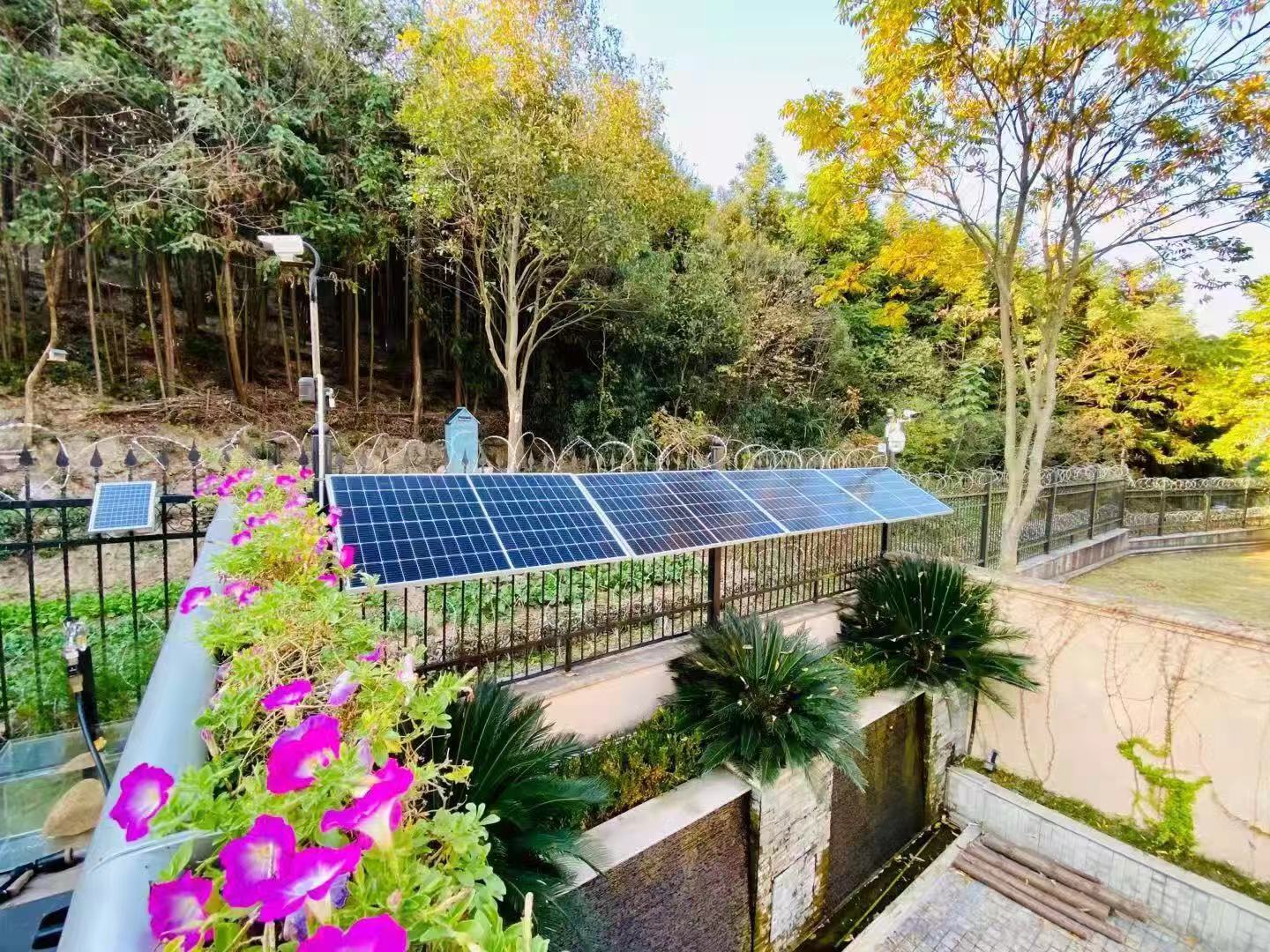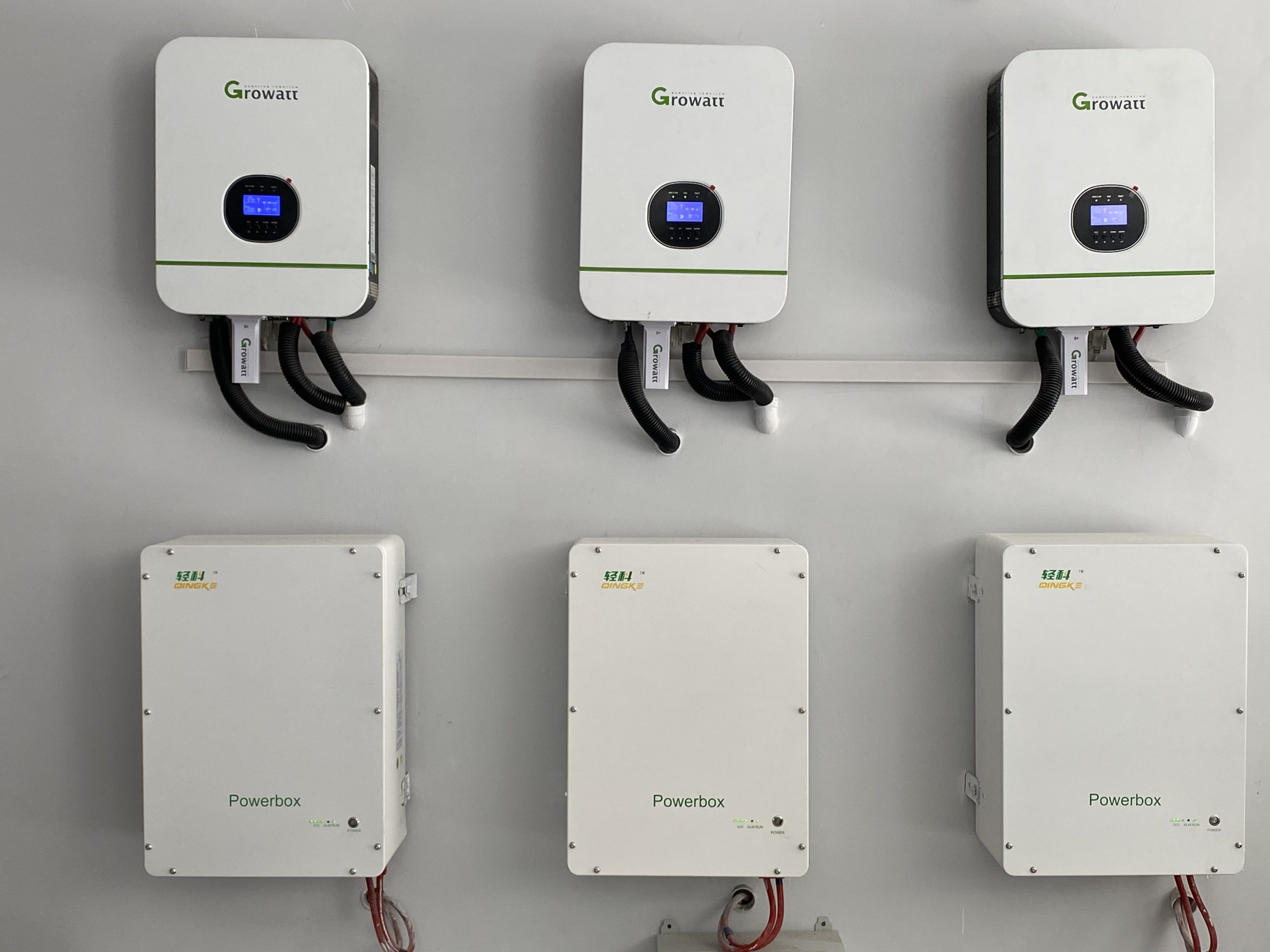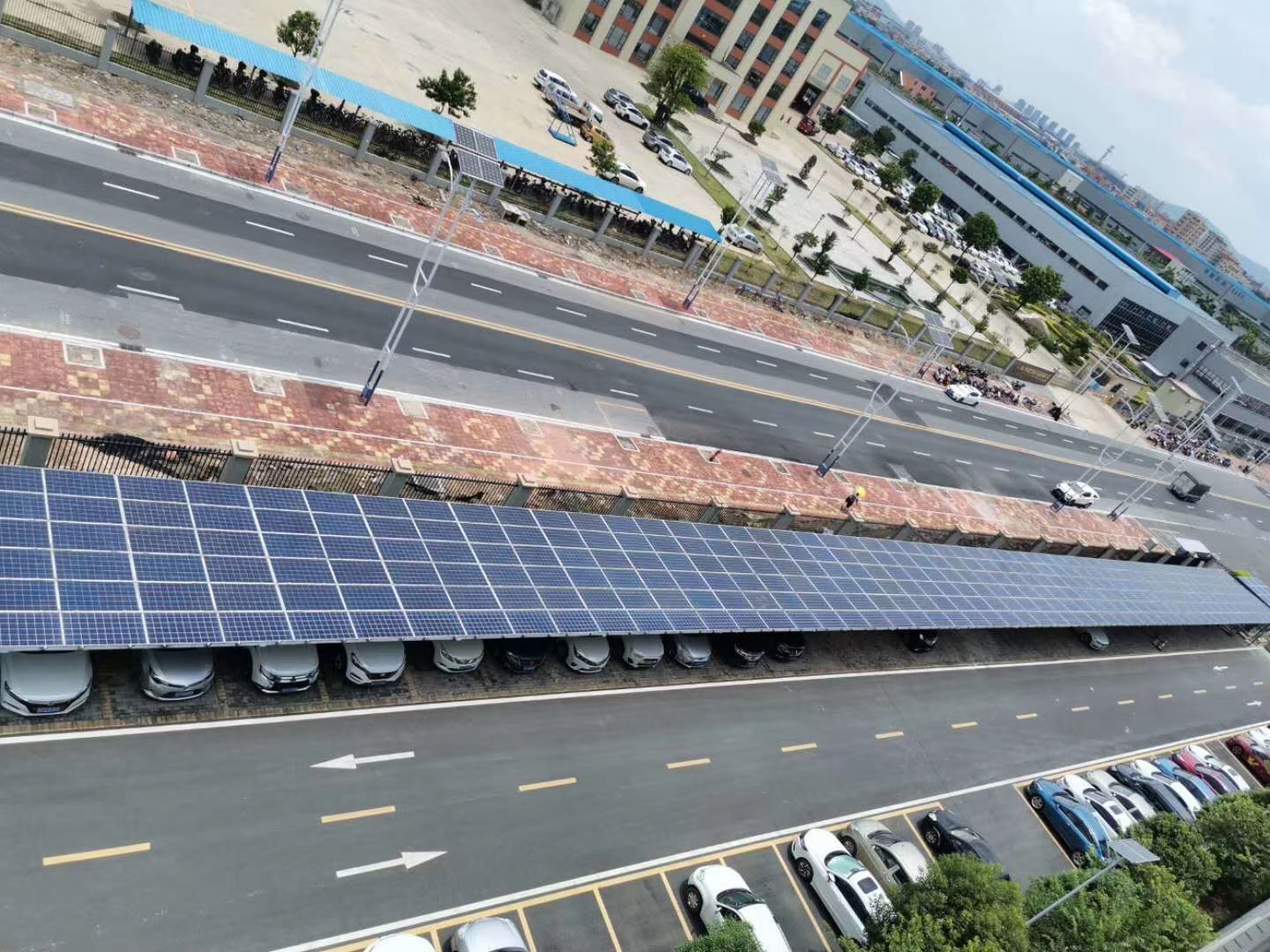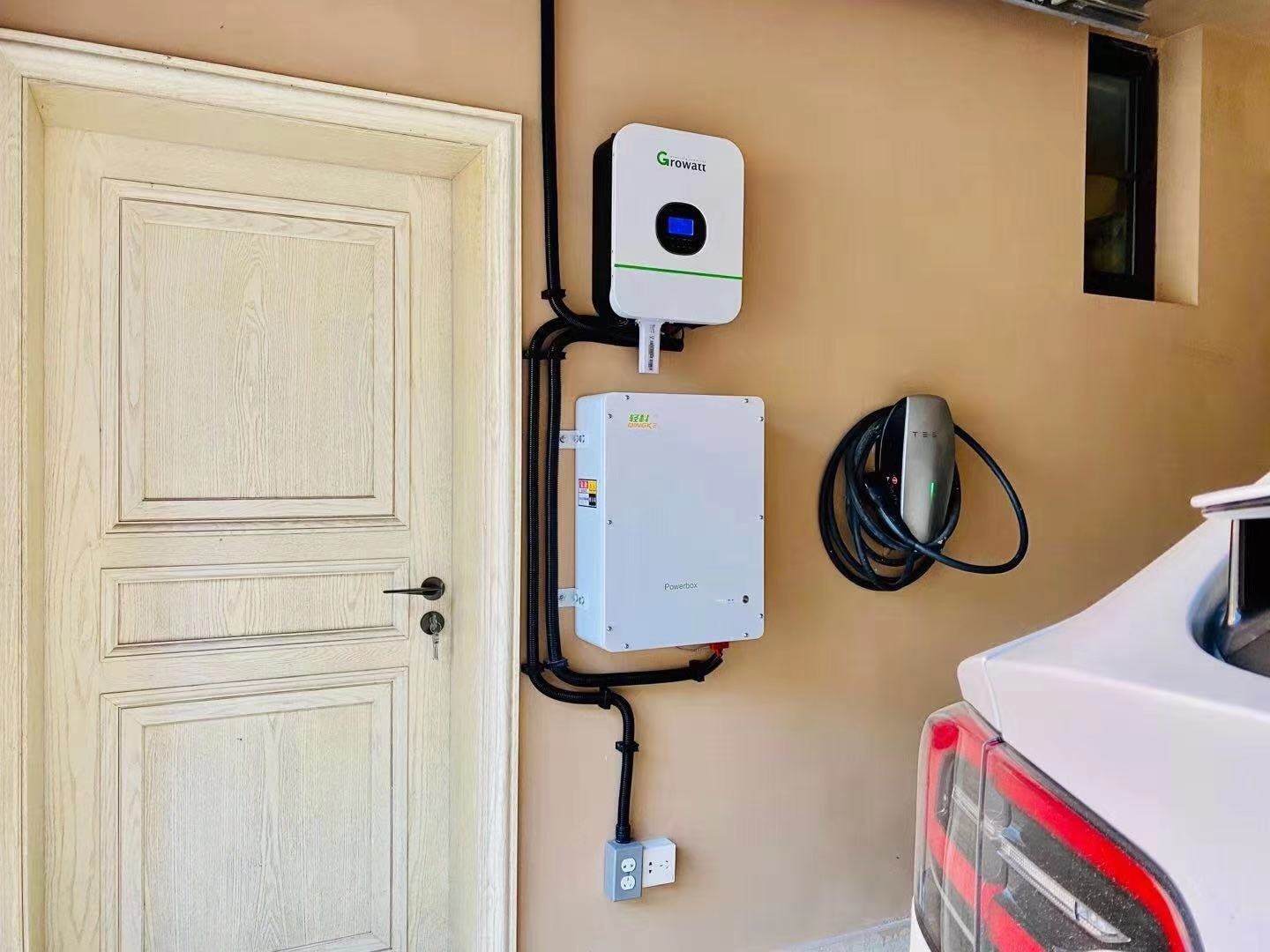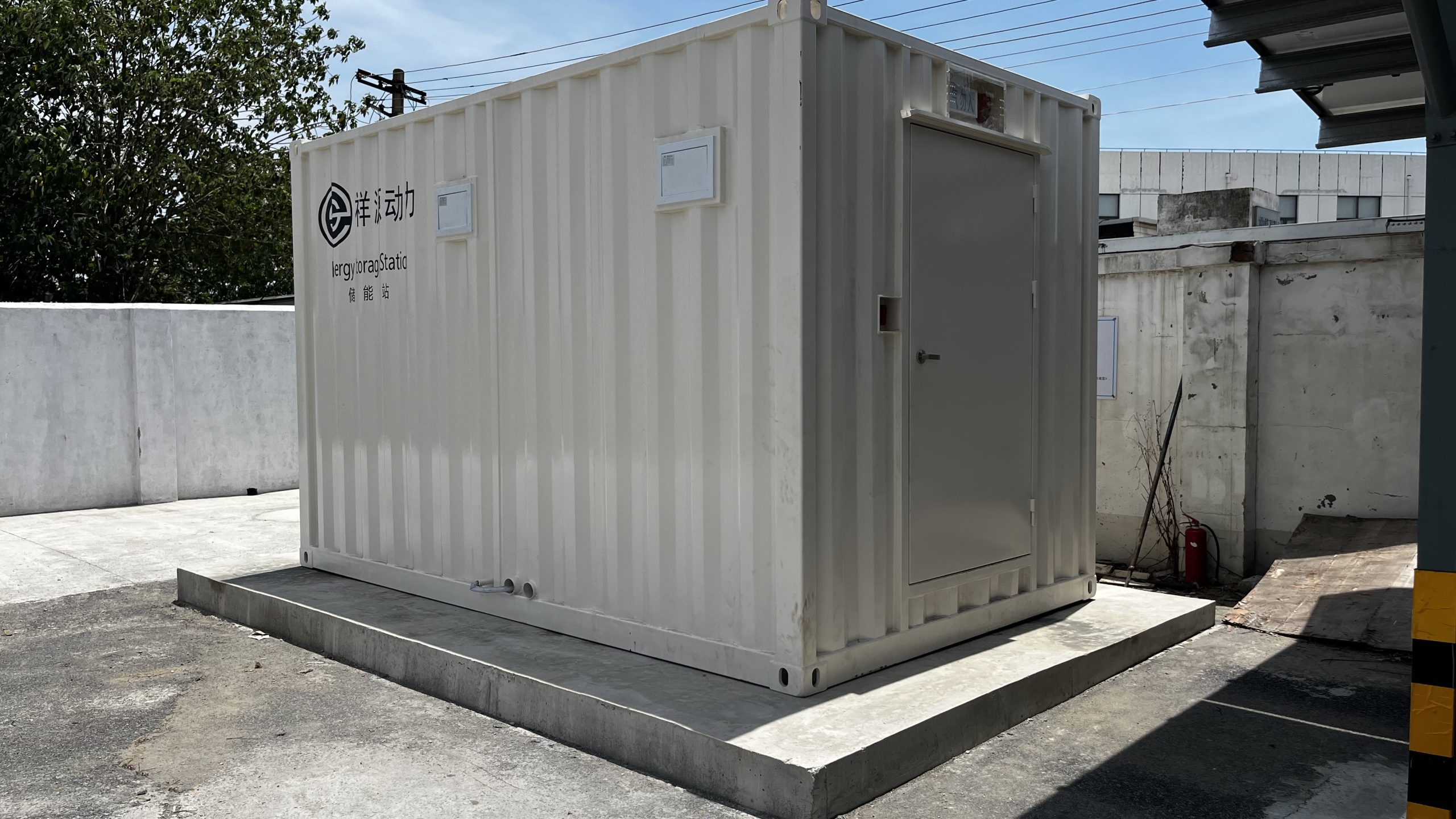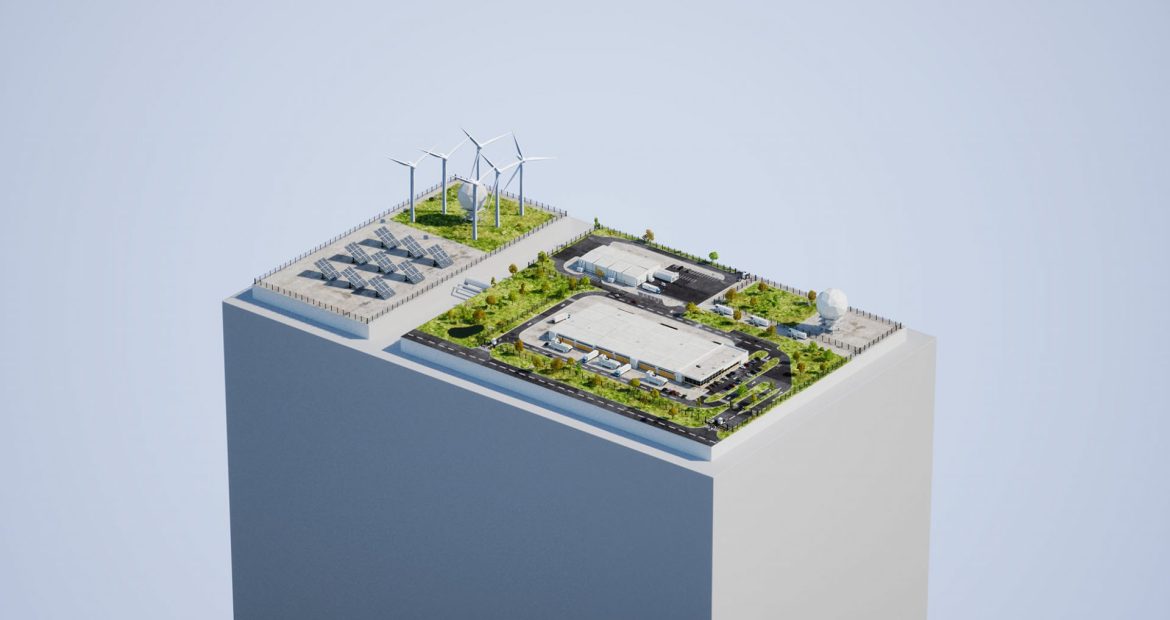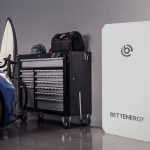Today, Ireland's nearly 400 wind farms supply more than 35 percent of the island's electricity. This green energy is transmitted through the grid to farms, businesses and homes, helping utilities to reduce greenhouse gas emissions such as carbon dioxide from fossil fuel generation. A major shortcoming of this type of renewable energy, however, is that it is too volatile. The good news is that Microsoft Data Center is working to help alleviate this concern.
The power generated by wind power is known to fluctuate throughout the day and throughout the season depending on the strength of the wind, and as a result poses an increasing challenge to grid operators.
Microsoft's local data center, on the other hand, has installed lithium-ion batteries on site to ensure continued uptime in the event of a power outage.
Even better, the tech giant says its data centers will soon transition to being able to provide backup energy to the green grid.
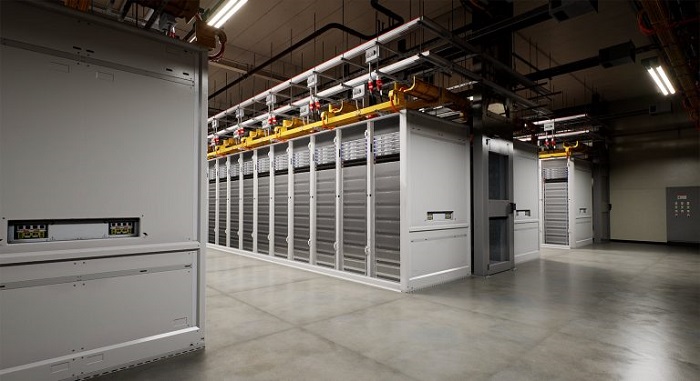
By deploying more batteries to store power generated by photovoltaic cells or wind farms, the backup system can provide better back-up support for the grid.
This type of energy storage is absolutely critical for any region that expects to use renewable energy on its grid.
If all goes well, Microsoft's newest data center in Dublin, Ireland, will go live in 2023 -- the company's first full-scale attempt to offer the service.
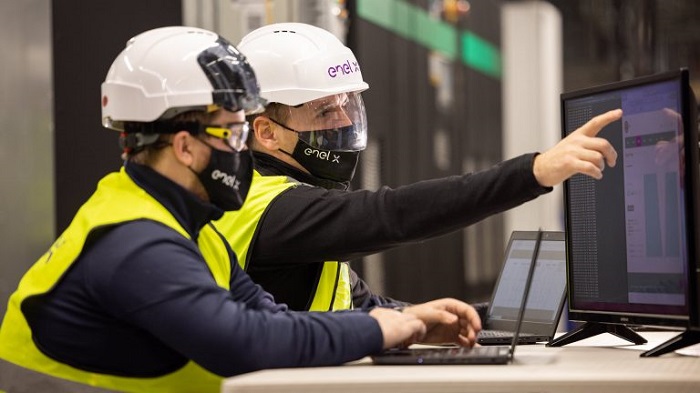
Traditionally, these lithium batteries are part of a data center's "uninterruptible power supply" (UPS) system and are usually only activated in an emergency.
If the grid is unexpectedly knocked offline, the battery packs can provide backup energy support for a short period of time (usually only a few minutes) until a backup generator is up and running.
But in Dublin, Microsoft is looking to its large energy storage batteries to provide more help when the grid needs it -- not only to respond to power outages, but even to help mitigate power supply disruptions.
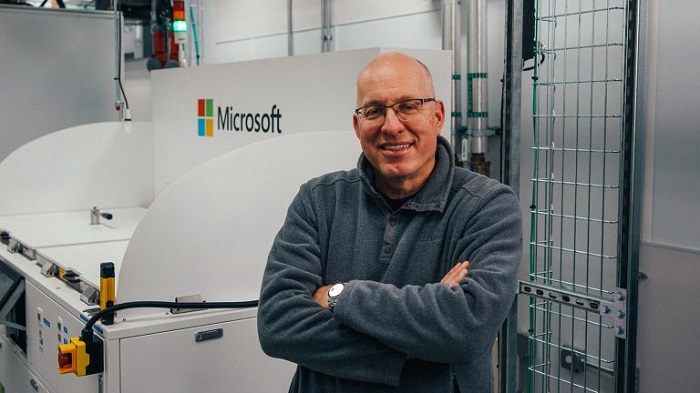
The new storage solution will replace the current "spinning reserve" system, which is linked to a number of gas/coal-fired plants to boost power generation in special circumstances.
With the increased battery weighting, Microsoft expects to further reduce the need for fossil fuel-fired power plants, thereby reducing the corresponding greenhouse gas emissions.
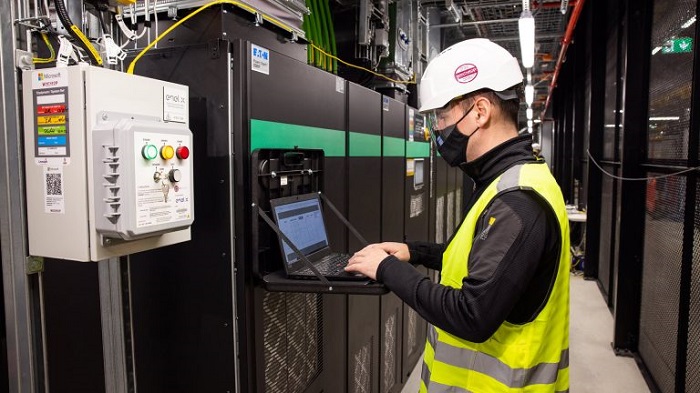
Finally, while Microsoft has not publicly shared exact figures for its Dublin data center energy storage batteries, according to Christian Belady, data centers typically require tens of megawatts of power.
By comparison, 1 megawatt of power from a power plant would meet the needs of hundreds of homes. Moreover, even though data centers are becoming more efficient in recent years, they still consume about 1 percent of the world's electricity.


